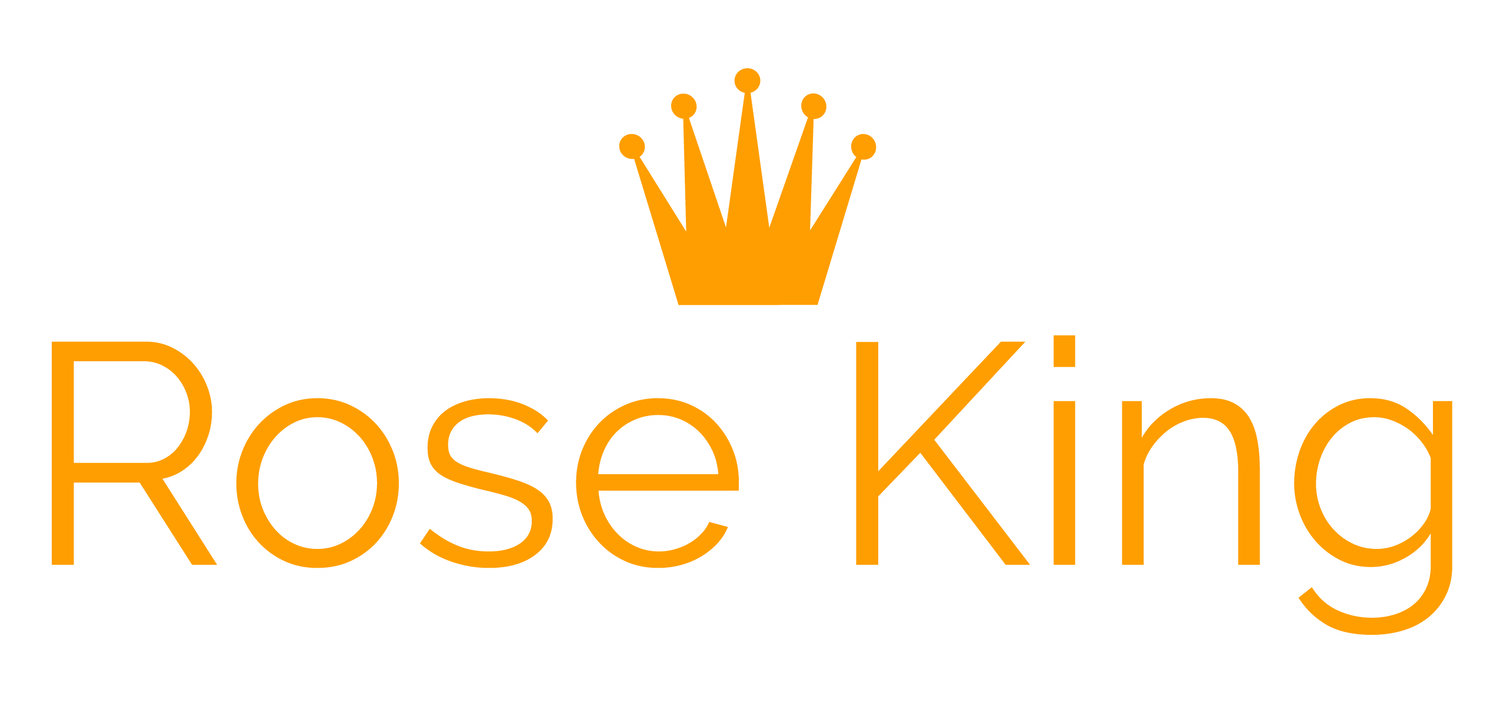Last week I presented at a nonprofit conference in Chicago. The point of my talk was to share time-saving tips with busy communication professionals working on a limited budget. Most were a communications "shop of one” and they wore many hats, serving as the volunteer coordinator, fundraiser, or grant writer. At one point, I asked the audience if they'd heard of the "headline test." Very few had, and yet, it's such a powerful tool.
The Headline Test
When you read a newspaper, the headline is the main message the editors you want you to remember. It's a concise summary of the article. The same notion applies to your remarks. Before you give the speech, figure out the key idea you want people to remember when you're done.
Say that you're giving a speech on summer hunger among children in America. At some point in the remarks, you know you must describe the problem. In short, millions of low-income kids lack access to reliable, nutritious food in June, July, and August. You also know that you must explain why. The answer: Free and reduced-priced meals (which they receive during the school year) aren't available in the summer. You'll also be hunting down statistics and maybe an anecdote or two.
But how will you organize your remarks? The headline test can help. It forces you to determine the main idea that you want people to remember. In this example, it might be something like this: "Many kids go hungry in the summer time — and that’s unacceptable." Or maybe, "Our elected officials need to end summer hunger for kids by doing x, y, z."
Whatever it is, knowing the headline enables you to work backwards. In other words, you can build a cogent argument -- that gains steam one idea at a time -- so the audience can't help but come to any other conclusion than "We Must Do Something About This Problem Now!" (And, of course, you will spell out exactly what they must do: call their elected official, volunteer at a food bank, or donate grocery items to summer lunch sites, etc.)
It's a "test" because you need to be able to articulate the speech's main message in a clear, concise way. That brings me to the take-away.
Take-Away
You don't aim an arrow in the general vicinity of the target. You shoot for the bullseye. The same concept applies to drafting your remarks. Before you put fingers to the keypad, do the headline test. It'll save you time. It'll help you sharpen your message. It'll help you reach people. Figure out what you want people to remember after the applause fades. If you can't capture it in a few words, your audience won't be able to do so either.

